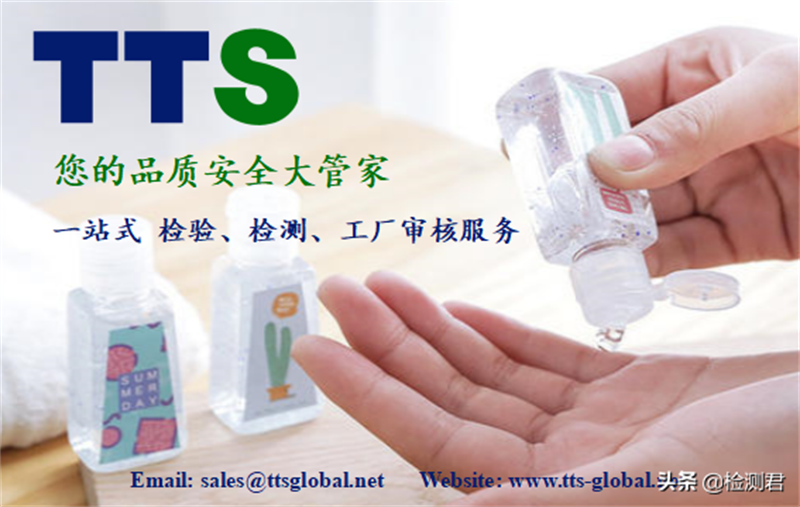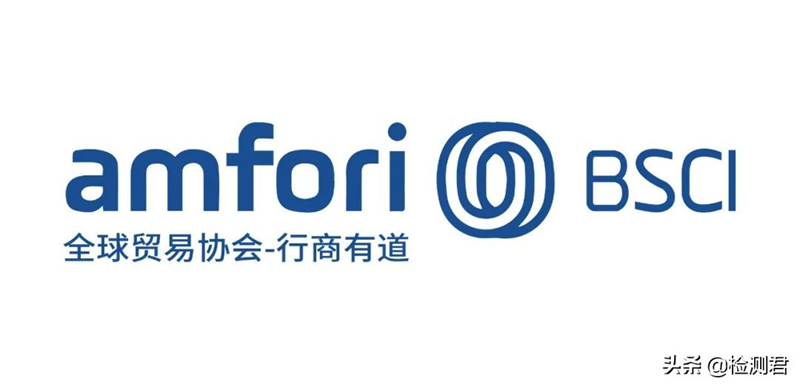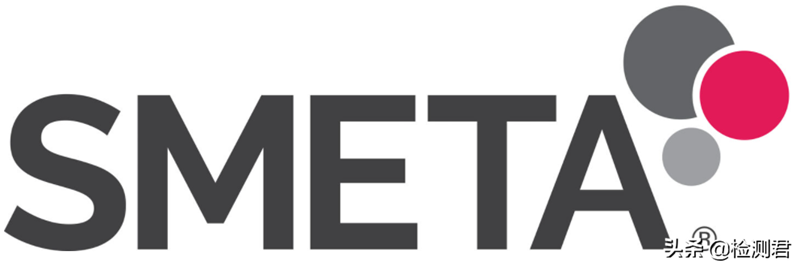BSCI factory inspection and SEDEX factory inspection are the two factory inspections with the most foreign trade factories, and they are also the two factory inspections with the highest recognition from end customers. So what is the difference between these factory inspections?
BSCI factory audit
BSCI certification is to advocate the business community to comply with the social responsibility audit conducted by the social responsibility organization on the global suppliers of BSCI organization members. The BSCI audit mainly includes: compliance with laws, freedom of association and collective bargaining rights, prohibition of discrimination, compensation, working hours, workplace safety, the prohibition of child labor, the prohibition of forced labor, the environment and safety issues. At present, BSCI has absorbed more than 1,000 members from 11 countries, most of them are retailers and buyers in Europe. They will actively promote their suppliers in countries around the world to accept BSCI certification to improve their human rights status.
SEDEX factory audit
The technical term is SMETA audit, which is audited with ETI standards and is applicable to all industries. SEDEX has won the favor of many large retailers and manufacturers, and many retailers, supermarkets, brands, suppliers and other organizations require the farms, factories and manufacturers they work with to participate in SEDEX member ethical business audits to ensure their The operation meets the requirements of relevant ethical standards, and the audit results can be recognized and shared by all SEDEX members, so suppliers accepting SEDEX factory audits can save a lot of repeated audits from customers. At present, the United Kingdom and other related countries require its subordinate factories to pass the SEDEX audit. The main members of Sedex include TESCO (Tesco), P&G (Procter & Gamble), ARGOS, BBC, M&S (Marsha) and so on.
Key Analysis|The difference between BSCI factory audit and SEDEX factory audit
What customer groups are the BSCI and SEDEX reports for? BSCI certification is mainly for EU customers mainly in Germany, while SEDEX certification is mainly for European customers mainly in the UK. Both of them are membership systems, and some member customers are mutually recognized, that is to say, as long as a BSCI factory audit or SEDEX factory audit is performed, some BSCI or SEDEX members are recognized. In addition, some guests are members of both institutions at the same time. The difference between BSCI and SEDEX report grading grades BSCI factory inspection report grades are A, B, C, D, E five grades, under normal circumstances, a factory with a C grade report is passed. If some customers have higher requirements, they not only have to report grade C, but also have requirements for the contents of the report. For example, Walmart factory inspection accepts BSCI report grade C, but “fire-fighting problems cannot appear in the report.” There is no grade in the SEDEX report. , mainly the problem point, the report is sent directly to the customer, but it is actually the customer who has the final say. Differences between BSCI and SEDEX application process BSCI factory audit application process: First, end customers need to be BSCI members, and they need to initiate an invitation to the factory on the BSCI official website. The factory registers a basic factory information on the BSCI official website and pulls the factory to its own supplier list. List below. Which notary bank the factory applies for, it needs to be authorized by the foreign customer to which notary bank, and then fill in the application form of the notary bank. After completing the above two operations, the notary bank can schedule an appointment, and then apply to the review agency. SEDEX factory audit application process: You need to register as a member on the SEDEX official website, and the fee is RMB 1,200. After registration, a ZC code is generated first, and a ZS code is generated after payment activation. After registering as a member, fill in the application form. ZC and ZS codes are required on the application form. Are BSCI and SEDEX auditing bodies the same? Currently, there are only about 11 audit institutions for BSCI factory audits. Common ones are: ABS, APCER, AIGL, Eurofins, BV, ELEVATE, ITS, SGS, TUV, UL, QIMA. There are dozens of audit institutions for SEDEX factory audits, and all audit institutions that are members of APSCA can audit SEDEX factory audits. The audit fee of BSCI is relatively expensive, and the audit institution charges according to the standard of 0-50, 51-100, 101-250 people, etc. SEDEX factory audit is charged according to the level of 0-100, 101-500 people, etc. Among them, it is divided into SEDEX 2P and 4P, and the audit fee of 4P is 0.5 person-day more than that of 2P. BSCI and SEDEX audits have different firefighting requirements for the factory buildings. BSCI audits require the factory to have sufficient fire hydrants, and the water pressure must reach more than 7 meters. On the day of the audit, the auditor needs to test the water pressure on site, and then take a photo. And each layer must have two security exits. The SEDEX factory audit only requires the factory to have fire hydrants and water can be discharged, and the requirements for water pressure are not high.

Post time: Aug-06-2022







